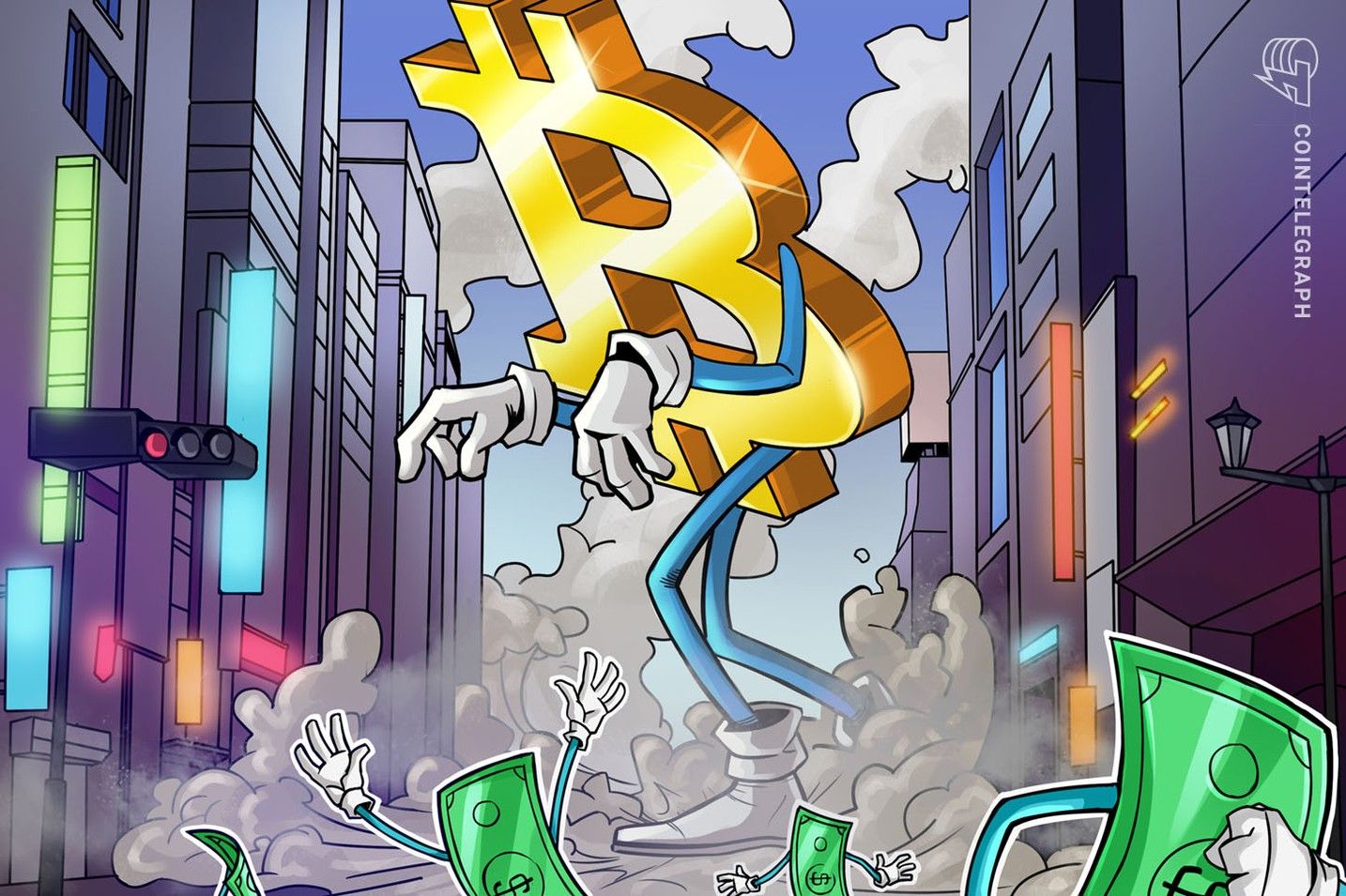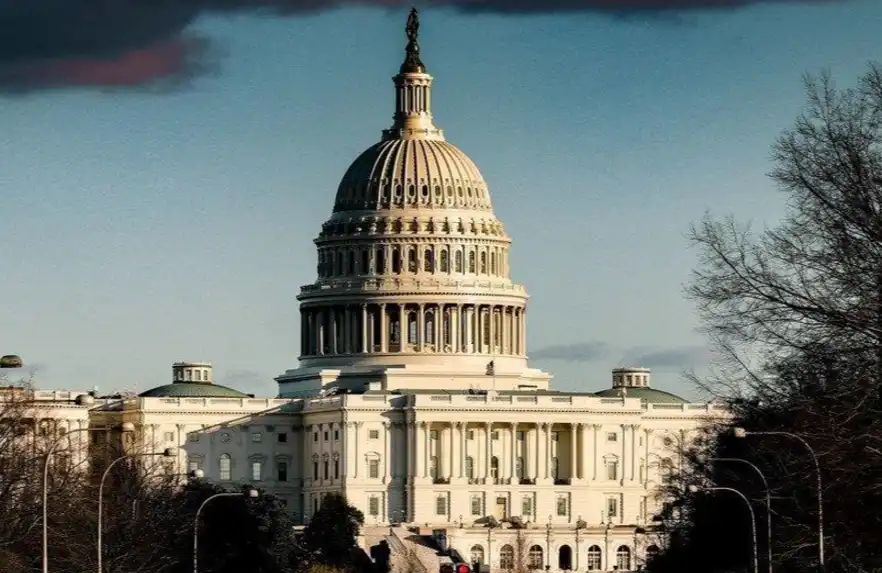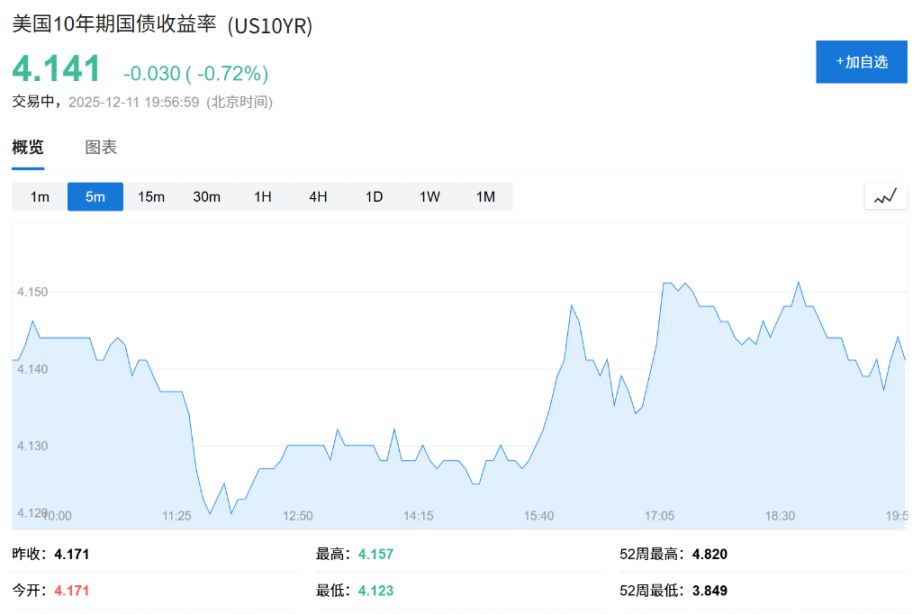News
Stay up to date on the latest crypto trends with our expert, in-depth coverage.



What were foreigners most concerned about in the past 24 hours?

Why is it said that almost all altcoins will go to zero, with only a few exceptions?

The article discusses the upcoming Federal Reserve interest rate cut decision and its impact on the market, with a focus on the Fed’s potential relaunch of liquidity injection programs. It also analyzes the Trump administration’s restructuring of the Federal Reserve’s powers and how these changes affect the crypto market, ETF capital flows, and institutional investor behavior. Summary generated by Mars AI. This summary was produced by the Mars AI model, and the accuracy and completeness of the generated content are still being iteratively updated.

The Federal Reserve announced a 25 basis point rate cut and the purchase of $40 billion in Treasury securities, resulting in an unusual market reaction as long-term Treasury yields rose. Investors are concerned about the loss of the Federal Reserve's independence, believing the rate cut is a result of political intervention. This situation has triggered doubts about the credit foundation of the US dollar, and crypto assets such as bitcoin and ethereum are being viewed as tools to hedge against sovereign credit risk. Summary generated by Mars AI. The accuracy and completeness of this summary are still in the process of iterative updates.

Still waters run deep, subtly reviving the narrative thread of 402.

You’d better honestly ask yourself: which side are you on? Do you like cryptocurrency?
![Axe Compute [NASDAQ: AGPU] completes corporate restructuring (formerly POAI), enterprise-level decentralized GPU computing power Aethir officially enters the mainstream market](/news-static/client/media/cover-placeholder.101bcc72032a7c4f0a397f15f3252c92.svg)
Predictive Oncology has been renamed Axe Compute (AGPU), becoming the first decentralized GPU infrastructure company listed on Nasdaq. Through the Aethir network, it provides computing power services for AI enterprises, aiming to solve the industry's computing power bottleneck.


Ongoing volatility in the repo market and increased fluctuations in term spreads have heightened concerns about year-end funding tightness, highlighting the underlying fragility of the system.